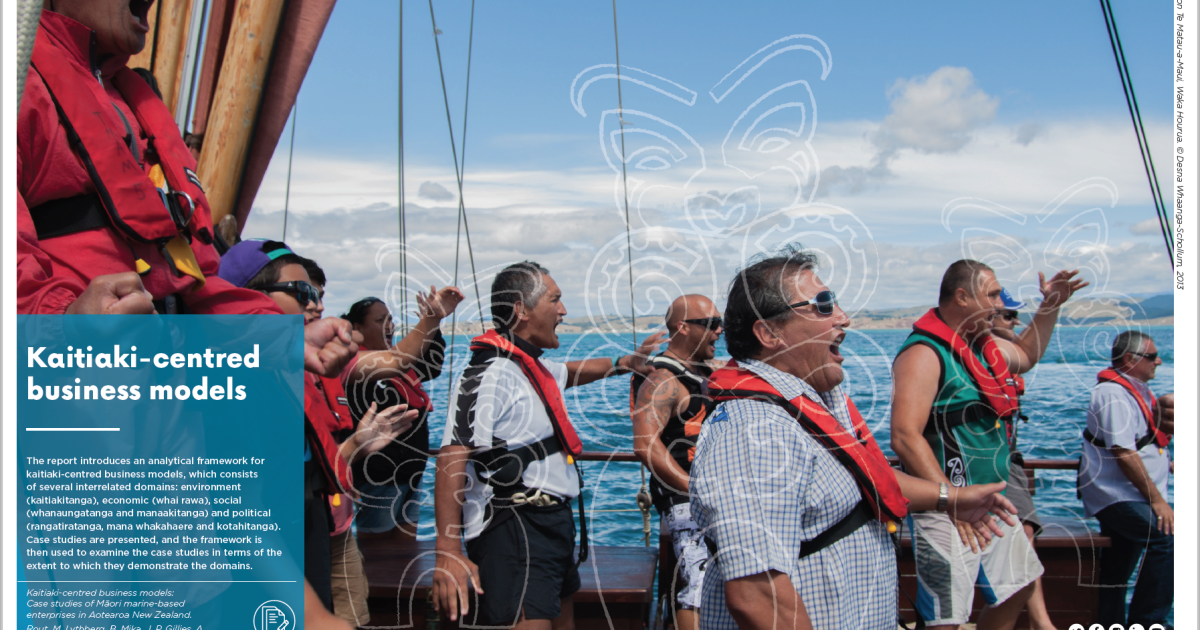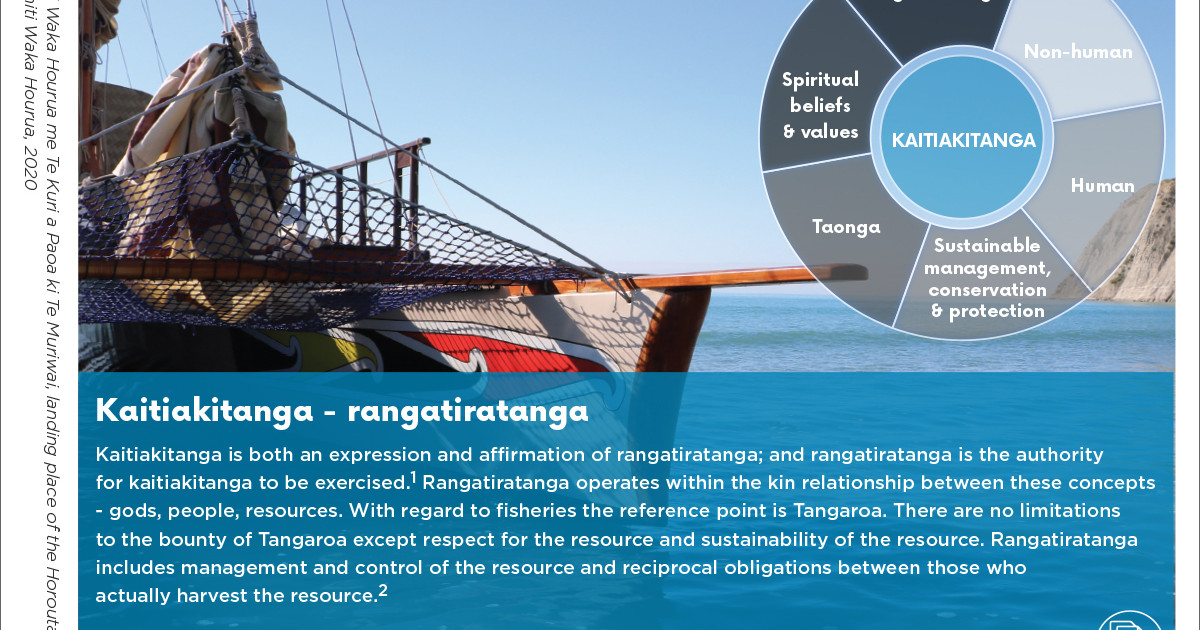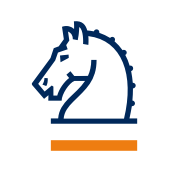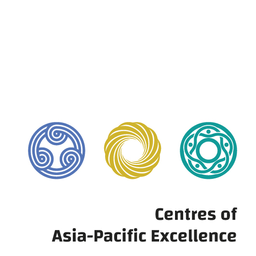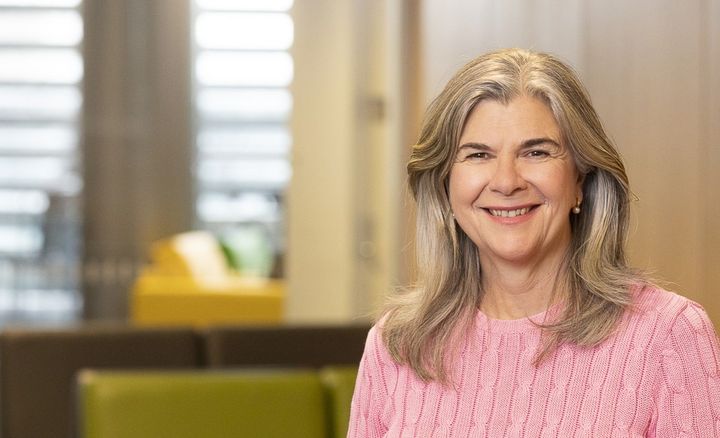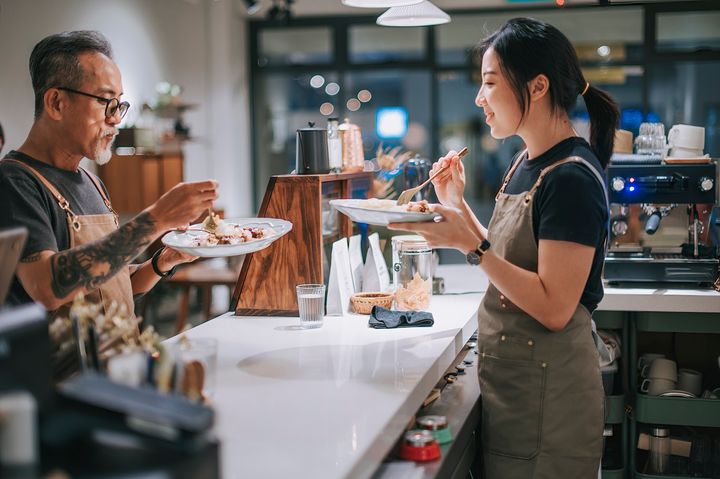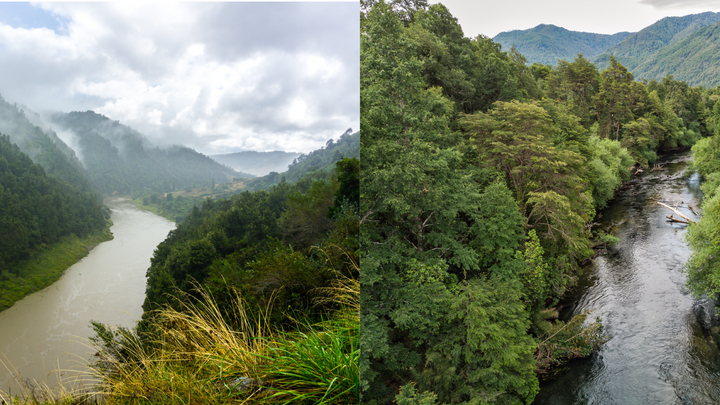Towards an Indigenous blue economy– an interview with Dr Jason Mika
New research is examining how Indigenous values can make the blue economy more culturally relevant, economically impactful, and environmentally sustainable.
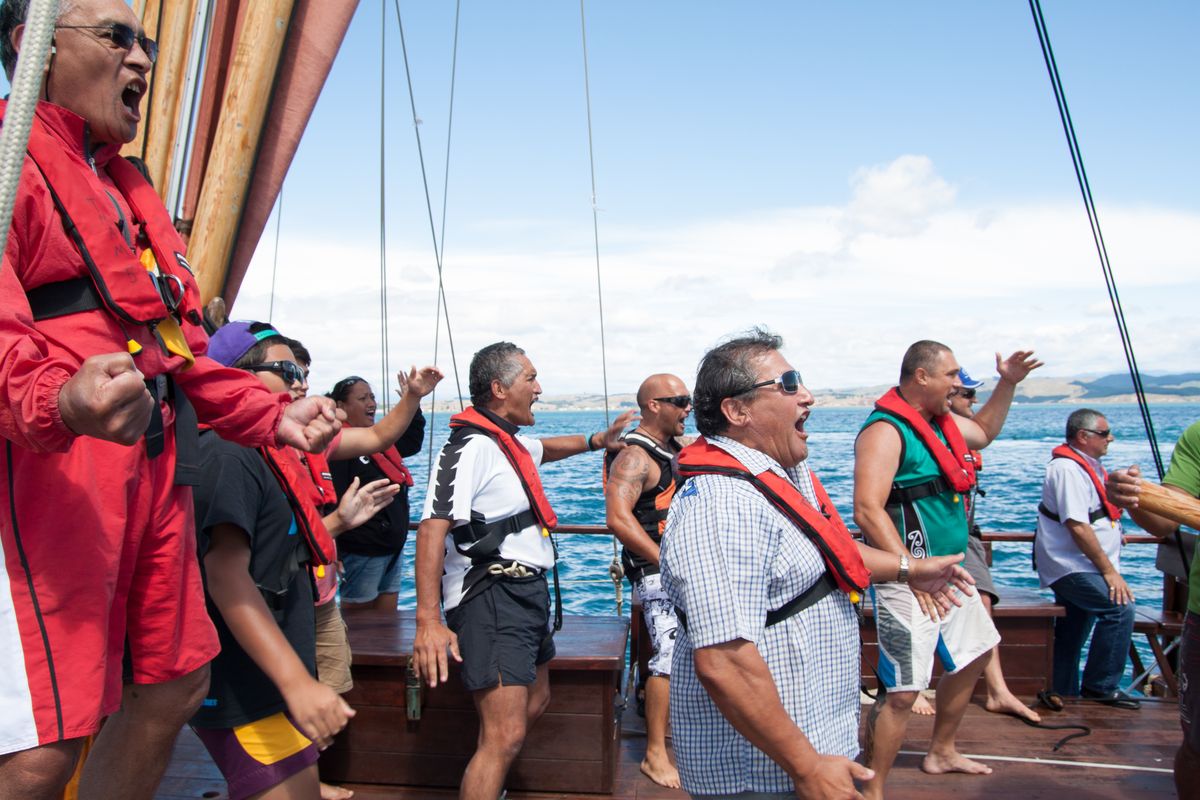
When thinking about the Ocean’s commercial opportunities, we should think about others first, says Dr Jason Mika, Associate Professor of Māori Business at the University of Waikato, who is researching the elements of a world-leading Indigenous blue economy as part of the Sustainable Seas National Science Challenge.
“Probably my earliest memory of the moana is going to collect pipi at Maketu, with my kuia, my koro and my aunties. What I understood of the moana was really the place where you get kai (food). Other people go there to swim and that, but for me, it was always a place where you got kai.” – Dr Jason Mika
“Many ocean-based industries such as offshore wind and cruise tourism are growing faster than the global economy and, in many cases, exponentially, in what has been called a “blue acceleration”. … the 100 largest companies by revenue in the blue economy earned an estimated 60% of all revenues from activities connected to the ocean in 2018. In real terms this amounts to approximately $1.1 trillion.” – World Economic Forum, Blue Economy
Perceptions about the cultural and economic value of the marine environment may seem as vast as the oceans themselves, making consensus in ocean management seem to be a prize lost to the depths. Yet, Indigenous values could prove as powerful and unifying as the ocean currents which carry nutrients between continents.
From collecting pipi in the Bay of Plenty estuary of Maketu, Dr Jason Mika now researches how the values he learned from his kuia can help us care for the ocean that stretches from that estuary eastwards to South America, while also creating sustainable economic opportunities.
“The Māori marine economy is a view of the oceans and its economic activity, value, and impact that comes from a place of kinship and reciprocity. That’s the kind of relationship I would like to see us all have with our oceans,” says Dr Mika.
His research contributes to the Sustainable Seas National Science Challenge, which is focused on enhancing the use of New Zealand marine resources within environmental and biological constraints.
Desna Whaanga-Schollum interviewed Associate Professor Mika about why this research is important to him, Aotearoa and the Asia-Pacific.
What is the aim of the project?
Our research team aims to understand the business of fishing at an enterprise scale. We want to know how these enterprises draw on the Māori cultural principles of kaitiakitanga – ‘exercise of guardianship’ over people and land; whanaungatanga – forming and keeping connections in the community, as well as caring for the welfare of the members of the collective; manaakitanga– the underlying cultural practice of extending kindness and welcoming visitors; and rangatiratanga – right to exercise authority.
We are also examining the roles of the institutions which govern Māori fisheries—the Crown, government, and Māori institutions.
The first, Phase I project ‘Whai Rawa, Whai Mana, Whai Oranga – creating a world-leading indigenous blue economy’, aimed to describe the Māori marine economy and how well it’s doing. That research involved case studies with six Māori organisations, iwi and pan-iwi, and also whānau-based enterprises, to understand how they approach the business of fishing in a particularly Māori way.
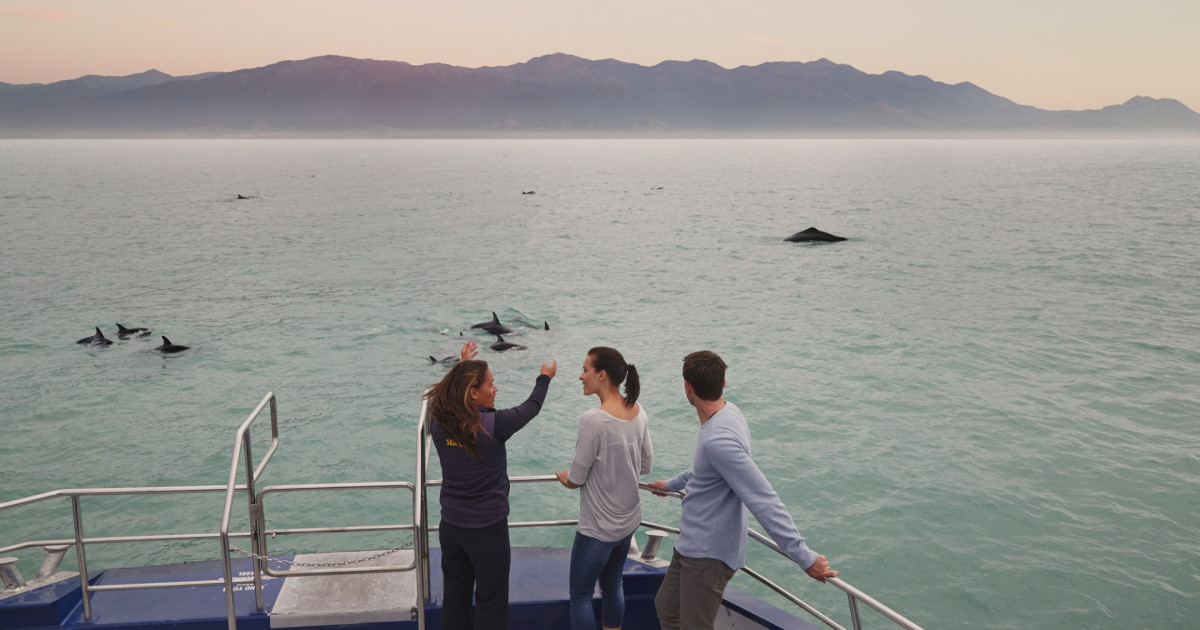
That project informed our Phase II project, Indigenising the blue economy in Aotearoa, which examines the barriers that prevent Māori from using their marine resources in a more culturally relevant, economically impactful, and environmentally sustainable manner. It’s part of the Sustainable Seas National Science Challenge’s investigation of opportunities for marine activities that create economic value and contribute positively to ecological, cultural and social wellbeing in Aotearoa New Zealand.
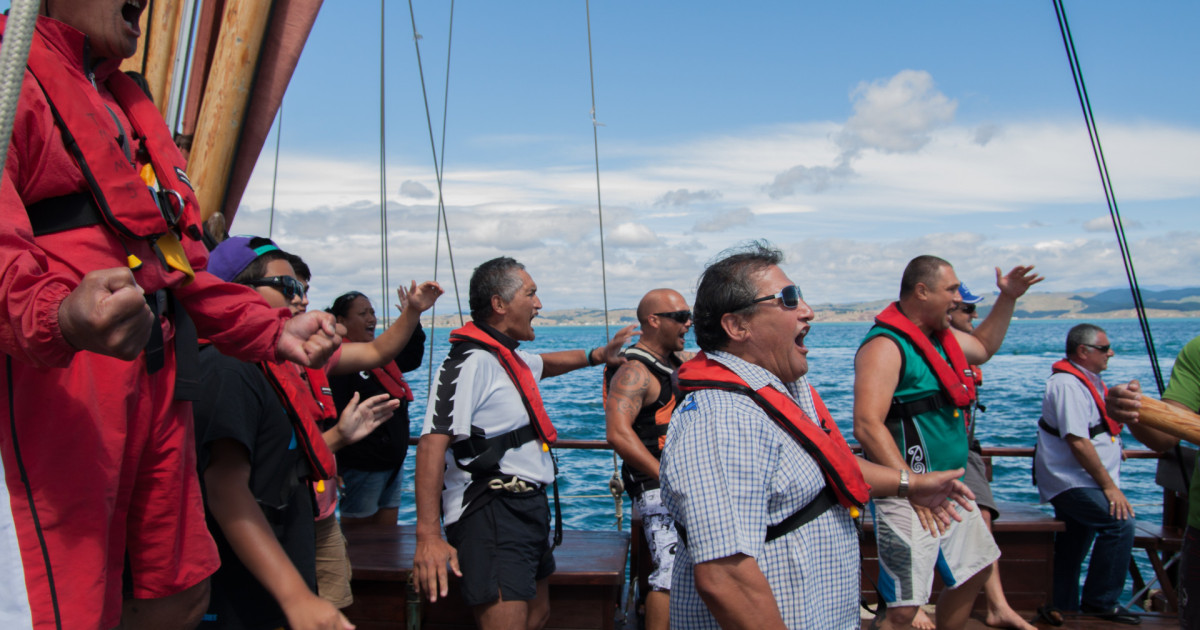
What is the main question driving the research?
The question is, how do we support Māori who aspire to a blue economy that is underpinned by Te Tiriti o Waitangi, Māori values, Māori aspirations, Māori institutions, and Māori capacities to engage in marine-based activity—economic and social and cultural—that supports their wellbeing? We look at this question at different scales: from whānau-based operations to the iwi and pan-iwi enterprises.
The poor state of our moana is the important context. It’s precarious, but we don’t want to accept that; we underestimate the problem. You might go to the harbour and think, ‘oh, there is just oodles of ocean out there, what’s the problem?’ Well, when, you look below the surface then you’ll see the problem. There are signs of change in the moana. Algae blooms have been a big problem for the last couple of decades. Scientists tell us that the water’s acidity is changing. The water’s temperature is changing. The survival of species and where they live, and how they procreate, is changing.
We've got to notice this, accept that it’s happening, and think about what we can do to change that.
I think that’s a big challenge for us.
Why is this research important?
If you think about life on Earth and human wellbeing, and the wellbeing of Papatūānuku (Earth Mother), it all comes down to water.
“Te oranga o te tangata me te whenua, nō te wai. Nō te wai tērā. If we don't take care of the water, the water will not be there to take care of us.”
We’ve seen what happens when we don’t take care of our business. When we let the paru (sewerage), the pirau (decay), flow into the ocean and cause mayhem for ngā ika (the fish), ngā uri o Tangaroa – for the descendants of Tangaroa. If we think that’s not going to affect us, then we are mistaken. So, the issue comes down to what do we want to do, as a people, as a nation and as communities?
“We've got to do more personally and individually, thinking about how we live and how we choose to live. Choosing what kind of system, or what kind of society we want to live in, and making changes at that collective scale.”
When you think about what we do to look after our whānau, our primary function is to feed our whānau. And how do you feed your whānau? Ask Tangaroa to allow us to take some of our whanaunga from the moana to feed our whānau and provide them with sustenance. Kaimoana is not just about kai from the moana, it’s about how we give back. When we take something from Tangaroa we must think about what to we give back in return, to replenish what was taken. So that there is kai for our mokopuna and their mokopuna and so on. It’s not just a daily exercise feeding the whānau, it’s a long-term obligation.
What is the biggest challenge that you see in marine management?
There’s two. There’s the biophysical challenge, which is how climate change affects the moana and its ability to sustain itself. Then there’s the human challenge. How do we manage our responsibilities in relationship with Tangaroa?
Who gets to decide that is the key question. Right now, we have enough good science and research to make judgment calls about the best approach to managing the health of Tangaroa. If we just pause and figure out the best approach to managing our relationship with Tangaroa, so Tangaroa is healthy and we are healthy, well then, we’ve got that knowledge.
The issue is how do we decide which approach is best and how that is implemented.
The current institutional setup is that the Crown decides what’s best. Local government will decide what’s best. Those institutions do not always take into account their partnership responsibilities with Māori under Te Tiriti o Waitangi. As institutions, they tend to go with what everyone else thinks is the best thing for most people. This can lead to average solutions, or just above the average, rather than what is the best.
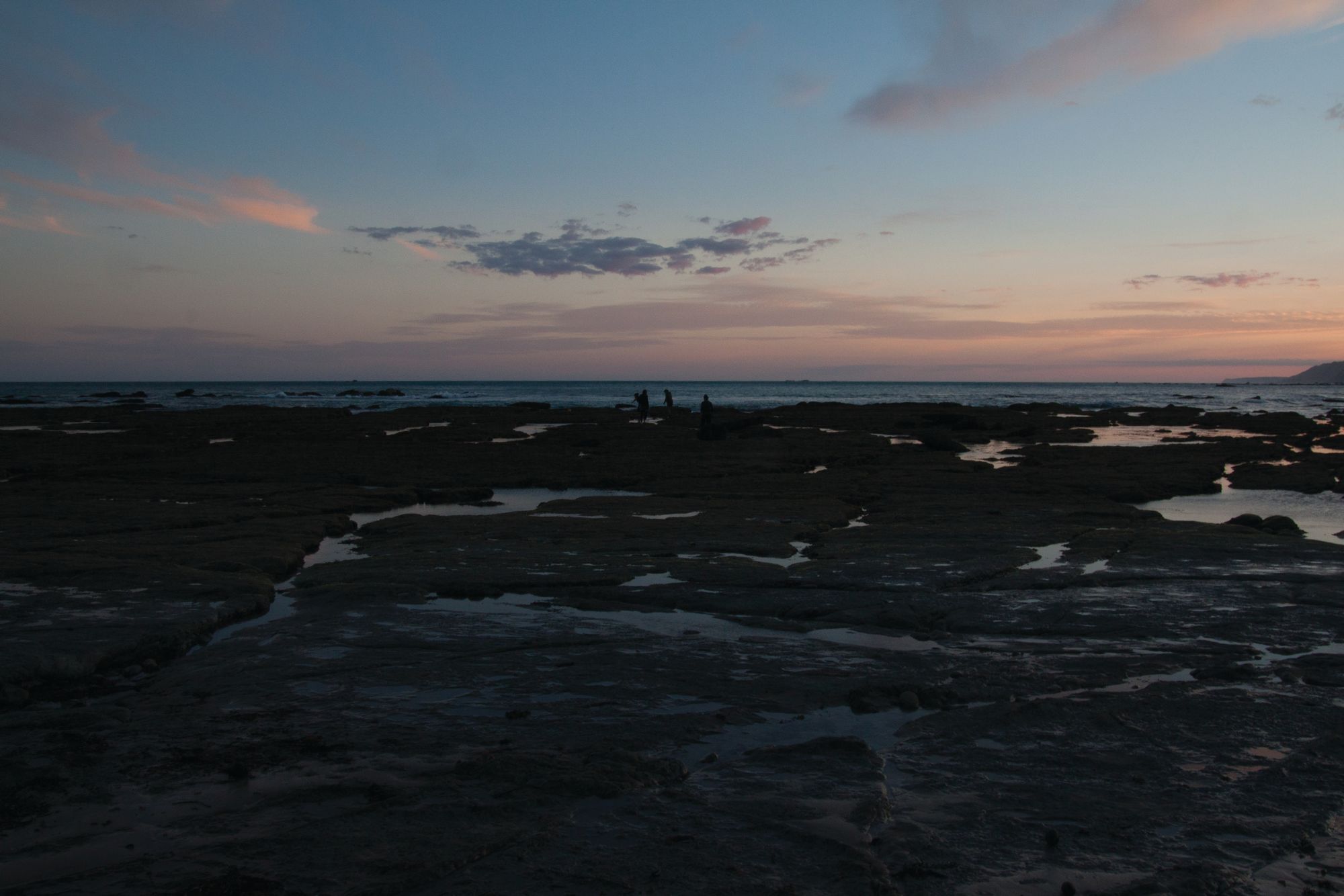
How does the research help increase understanding across cultures and across the Asia-Pacific?
The best solution may not be only a Pākehā solution. It may be a combination of Pākehā knowledge, Māori knowledge, and international knowledge about what’s best for our moana. Some institutions find it hard to accept that there are other knowledges and other solutions that may be better than the ones that represent the majority view.
Ecosystem-based management (EBM) is a central concept for the Sustainable Seas Challenge. It is a way of encouraging different stakeholders and institutions to think more broadly than the standard, or the conventional, or past approaches. To allow other voices to be heard and other knowledge to be part of the decision-making process.
What’s next for your research in this?
We need to ensure that the EBM framework can sufficiently deal with power relationships—the imbalances between Māori and the Crown and how we work together in partnership to solve the future. The Challenge research program is looking at the role of the Treaty of Waitangi, jurisdictional issues, and management and governance issues. Hopefully we will uncover alternative pathways and partnership-based approaches to EBM.
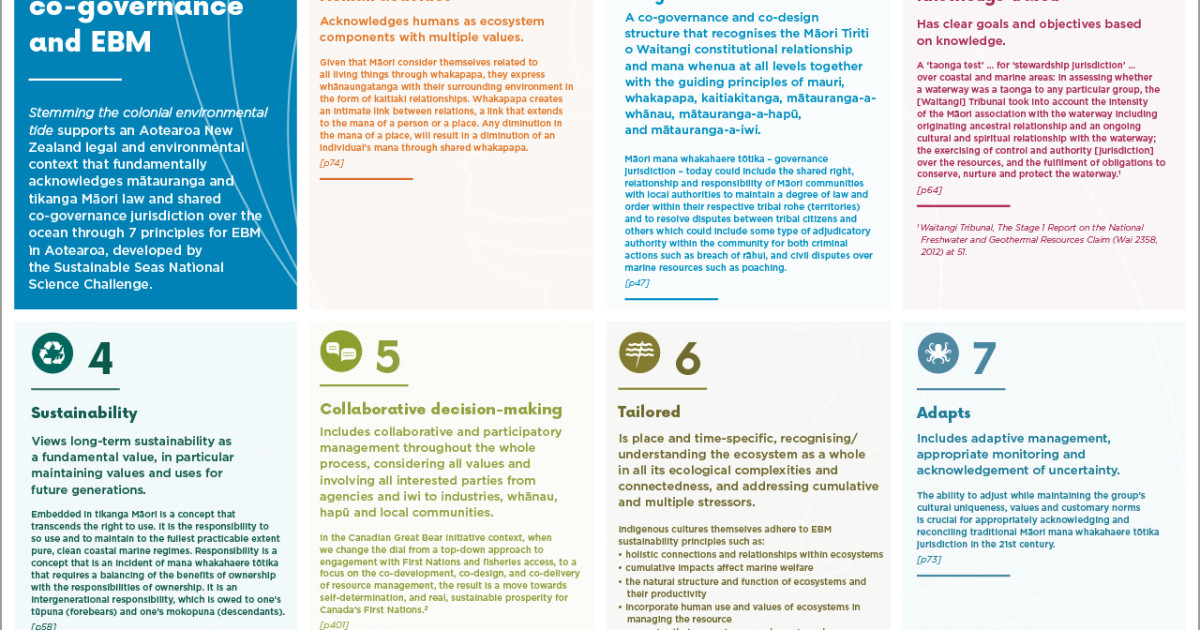
What do you most want other people to understand about this topic?
It’s the concept of manahau. Manahau encourages people in institutions, in companies and firms to think about others before they think about themselves.
At the moment, when we’re thinking about our relationship with Tangaroa, we think about, how does this affect me? Māori philosophy, a Māori way of thinking about how you enhance your personal wellbeing, is by enhancing the wellbeing of others first.
When I’m thinking about other people, I’m acting in a way that is generous through my care and concern for others. In other words, if my focus is on enhancing the wellbeing of other people and other stakeholders, like Tangaroa, like ngā uri o Tangaroa, marine environments, then I'm going to enhance my wellbeing and my status and my mana. When you’re acting in a mana-enhancing way towards Tangaroa, towards the moana, you’re enhancing your own mana as a person, as a whānau, as a hapū, as an iwi, as a company, as a community.
That’s the call to action, to think about others.
Those others are beings, including our whanaunga Tangaroa, our tīpuna Tangaroa, our ancestor. Our whanaunga, which are the fish. It’s an odd thing to think about fish as being your relatives, but in mātauranga Māori that’s the thinking. That is important because when you think about what families do for one another, they stand up for one another. They give the best for one another. They look after each other without question, you know, good families. The same applies with Tangaroa.
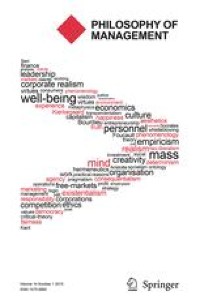
How should the world change, given this research?
If we think about our oceans as our ancestor, as a living, breathing ancestor, how are you going to treat your ancestor? Are you going to raid it, and deplete it and spoil it? No, you’re not, you’re going to look after your ancestor and cherish your ancestor because your ancestor is looking after you.
“It's a philosophy I think all Asia-Pacific peoples could embrace and adopt just as much as the New Zealanders adopt the haka. Everyone, Pākehā, Māori, we all do the haka and it’s a Māori philosophy inside that haka. Same thing with the moana, adopt a Māori or Indigenous philosophy for the moana, because it’s going to be good for all of us, not just Māori. That’s the action I'd like to see.”
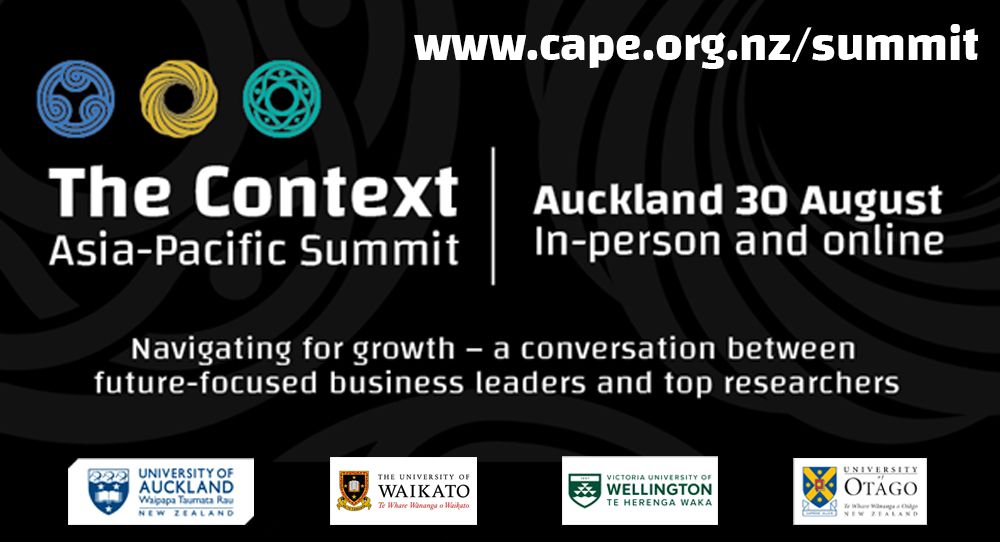
Other resources
